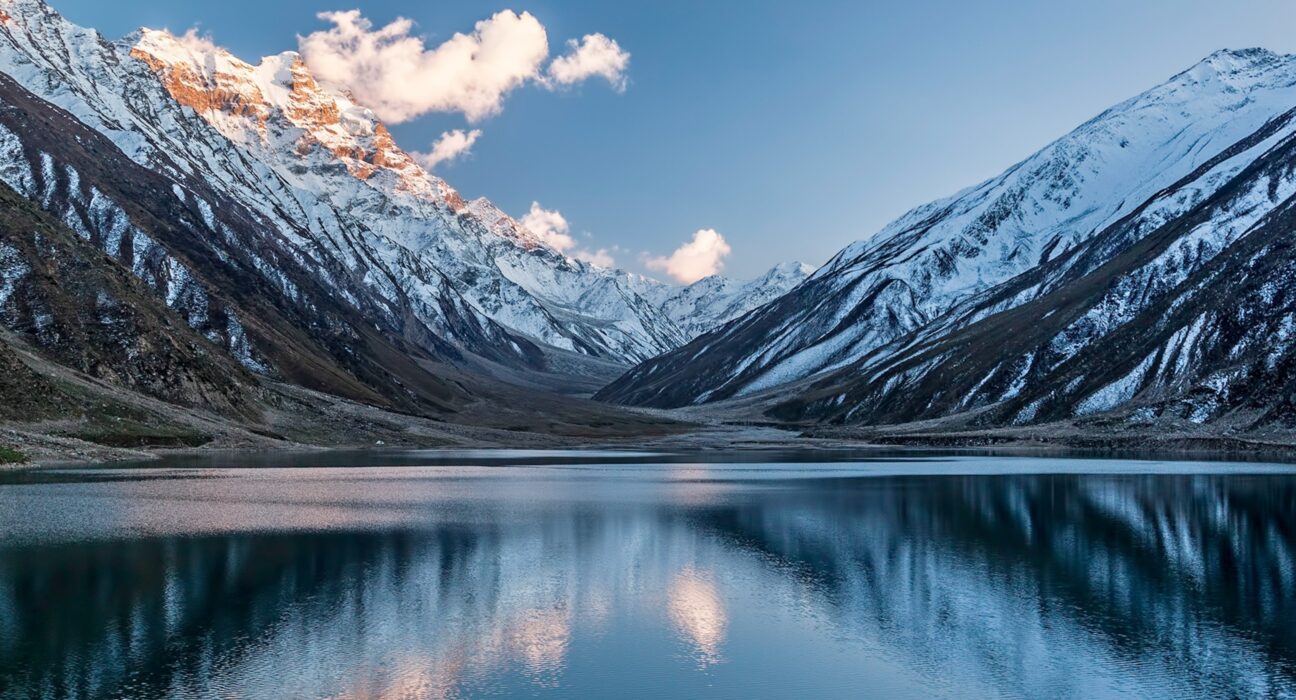Alphabet-owned YouTube is at the center of a heated controversy in Pakistan as it faces pressure to block over 27 channels critical of the government. The channels in jeopardy belong to key opposition figures, journalists, and dissenting voices that have been vocal about issues affecting the nation.
The legal battle stems from a court directive accusing these channels of being “anti-state,
” prompting YouTube to review the situation carefully. If these channels are indeed blocked, it could have far-reaching implications for free speech in the country. This move has sparked outrage among digital rights activists who see it as yet another attempt to stifle dissenting voices.
The National Cyber Crime Investigation Agency criticized these channels for allegedly sharing content deemed “
intimidating” and “derogatory
” towards state institutions and officials of Pakistan. As tensions escalate, the judicial magistrate court in Islamabad is pushing for this ban, citing concerns raised by the agency.
This development has put content creators on edge as they face imminent threats of censorship. YouTube has sent out notifications warning channel owners about possible takedowns if they fail to comply with the court orders promptly. The platform’s stance on this issue raises questions about how tech giants navigate complex legal landscapes while upholding freedom of expression.
In response to these actions, Pakistan’s State Minister for Interior, Talal Chaudhry, issued a stern warning indicating that those defying regulations could face criminal charges. He emphasized the need for adherence to laws governing online conduct to prevent chaos and maintain order within society.
Content creator Asad Toor found himself caught in this storm when his channel was listed among those facing potential blocks. Toor expressed his commitment to shining a light on marginalized voices despite facing adversity: “State think they can silence us but I assure everybody that I will keep covering…fundamental rights.”
The Human Rights Commission of Pakistan (HRCP) has also raised concerns about the blanket ban on these channels, cautioning against conflating dissent with criminal activity. According to HRCP, such indiscriminate actions set a dangerous precedent and threaten constitutional rights.
The crackdown on digital media comes amidst broader challenges faced by traditional press outlets in Pakistan. Many independent reporters have sought refuge on platforms like YouTube following increased restrictions on mainstream media. The muzzling of voices critical of government policies raises alarms among advocates for press freedom and democracy.
Zulfikar Bukhari from Imran Khan’s PTI party highlighted the significance of digital media in exposing human rights abuses: “
It’s not only about anchors getting fired or YouTube channels getting banned… It’s what they are not allowing to be told.” Such sentiments underscore how online platforms serve as vital avenues for truth-telling amid growing censorship pressures.
The ongoing saga reflects a larger pattern of governmental control over information flow in Pakistan. With repeated instances of social media bans and stringent cyber laws coming into play, there are mounting concerns over shrinking spaces for free expression online.

